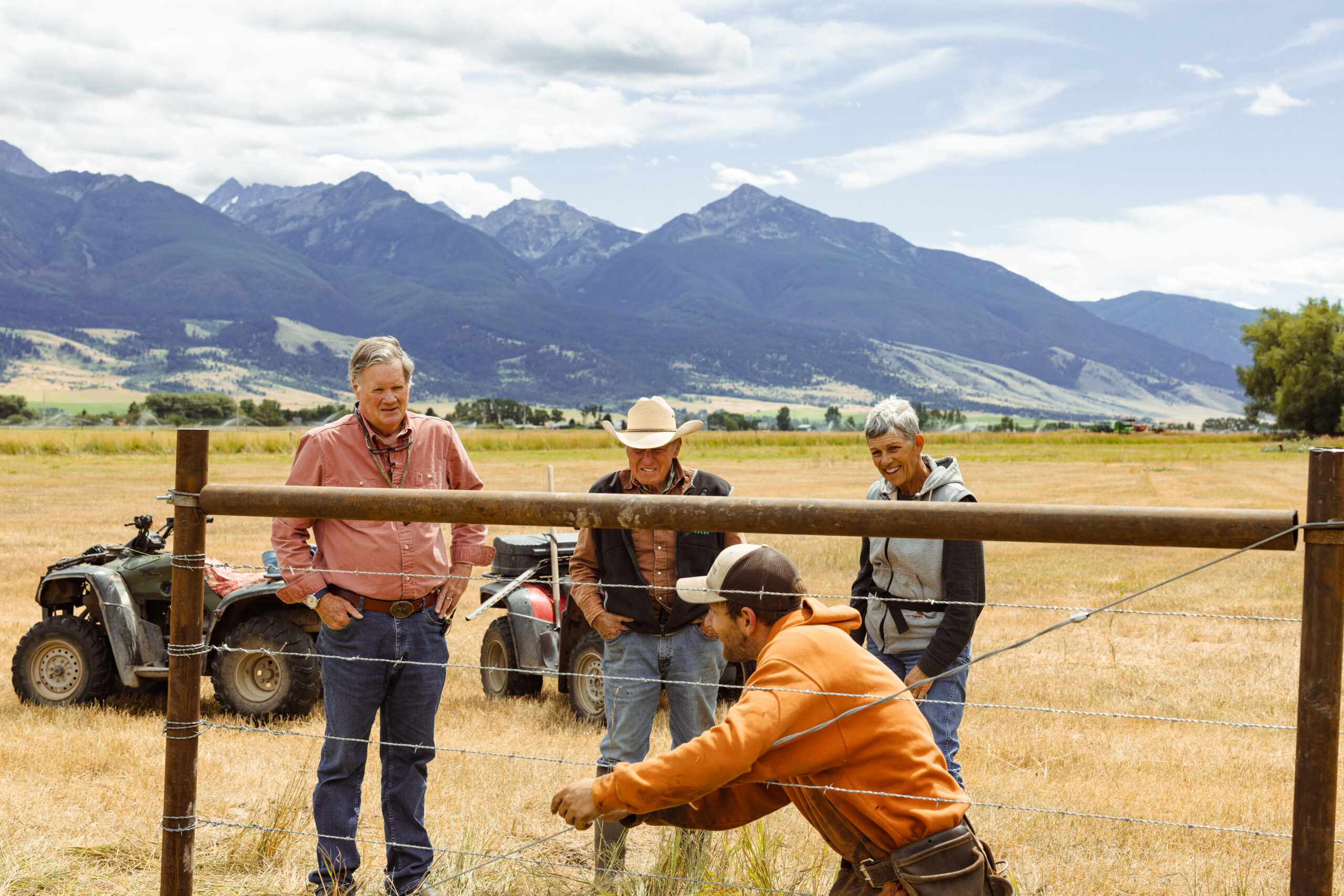A public comment submitted to the U.S. Fish and Wildlife Service on the proposed enhancement of Endangered Species Act survival and incidental take permits.

Main Points:
- Voluntary, proactive conservation efforts are essential to recover listed species.
- Because proactive recovery efforts often require a federal permit, the cost and time to get a permit is a substantial obstacle that discourages conservation.
- The proposal to streamline permitting is a step in the right direction.
- Instead of a vague and subjective purpose standard, conservation benefit agreements should cover any activity intended and expected to result in a net-benefit for species.
- The Service should further ensure that voluntary conservation isn’t penalized by shielding neighboring landowners from regulatory consequences.
Introduction
PERC appreciates and supports the Fish and Wildlife Service’s proposal to reduce the costs and time required to approve landowners’ voluntary conservation efforts under the Endangered Species Act. The proposed codification of existing policies encouraging voluntary conservation will provide greater certainty to landowners. The proposal’s benefits could be further enhanced with slight modifications that would avoid potential conflict and strengthen incentives for conservation.
Voluntary, proactive conservation efforts are essential to recovering species
The Endangered Species Act has a laudable purpose. It aims to prevent endangered species’ extinction and encourage their recovery. But purpose alone is not enough to accomplish these goals. In practice, the Endangered Species Act creates perverse incentives for private landowners by making a species’ presence or its habitat on land a significant liability for the landowner. Moreover, it provides little reward for landowners who proactively restore habitat and recover species. These problems are a major hindrance because roughly half of listed species rely on private land for 80% of their habitat. Consequently, in the 50 years since the Endangered Species Act’s enactment, less than three percent of listed species have recovered and been delisted. Ultimately, species recovery is something that must be done with landowners, rather than to them.



